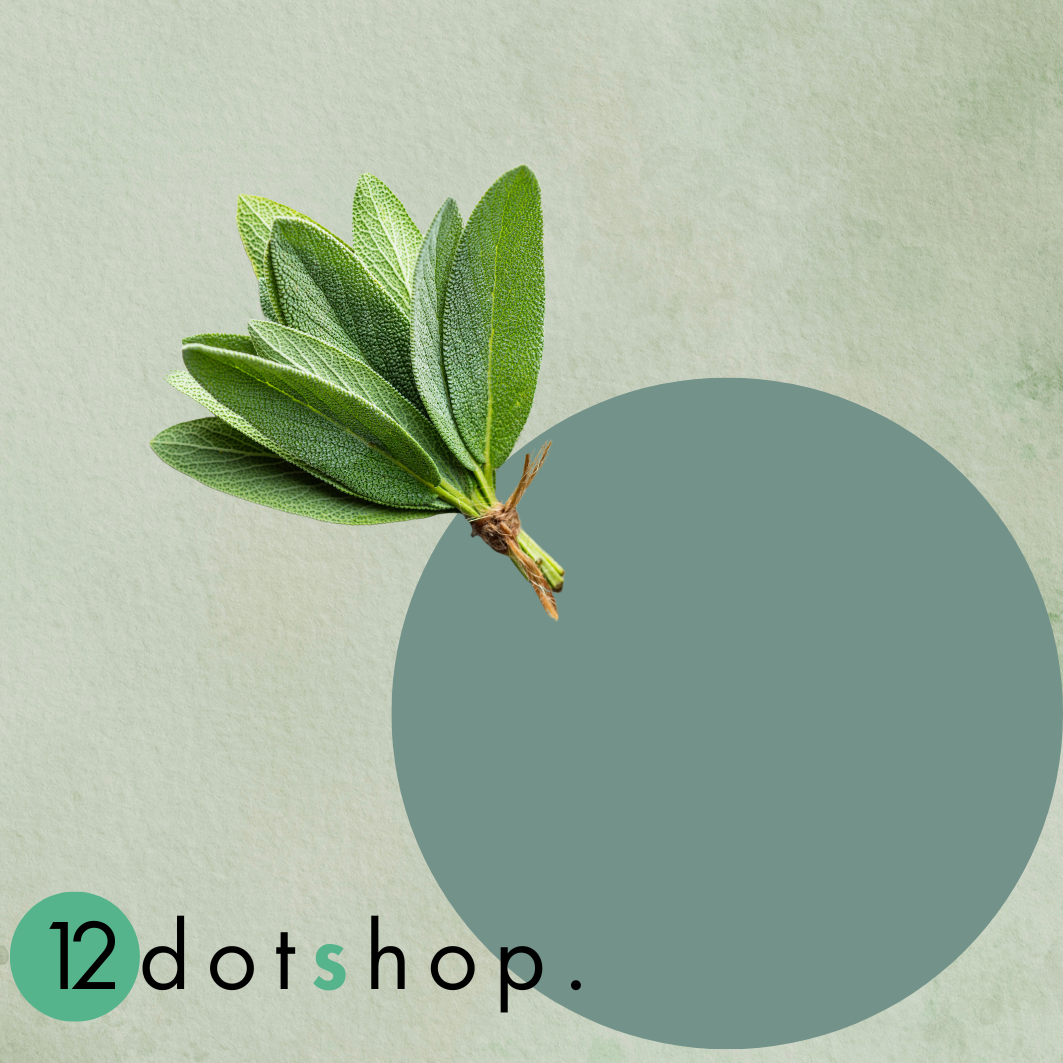
Family: Lamiaceae
Scientific Name: Salvia officinalis
Traditionally associated with longevity, sage has a reputation for restoring the weakened memory of the elderly.
Like other memory-enhancing herbs, it was planted near graves and believed to hold spiritual significance.
When the British began importing tea from China, the Chinese valued sage so highly that they reportedly traded two cases of tea for one case of dried sage.
In herbal medicine, the purple variety of Salvia officinalis is preferred over the common green plant due to its greater potency. In China, the root of the related species, Salvia miltiorrhiza, is widely used as a tonic herb.
Properties: Pungent, bitter, cooling, and drying
Components:
Salvia officinalis: Volatile oils, bitter diterpenes, tannins, triterpenes, resins, flavonoids, estrogen-like substances, and saponins.
Salvia miltiorrhiza: Rich in Vitamin E.
Uses:S. officinalis: Acts as an antispasmodic, astringent, antiseptic, and relaxant for peripheral blood vessels. It reduces sweating, saliva, and milk production, stimulates the uterus, has antibiotic properties, lowers blood sugar levels, and aids bile flow.
S. miltiorrhiza: Stimulates circulation, has sedative effects, and helps remove internal heat.
This botanical powerhouse has applications in both traditional and modern herbal medicine.
Leaves and Oral Health:
Sage leaves have a strong connection to oral and throat health, making them ideal for gargles and mouthwashes. Their estrogen-like effects also make them helpful for menopausal issues and during weaning, offering support for hormonal balance.
Digestive Benefits:
Prepared as an infusion, sage leaves serve as a bitter digestive stimulant, aiding in digestion. The leaves can be harvested throughout the summer for various preparations.
Traditional Chinese Medicine:
In China, the root of sage, particularly Salvia miltiorrhiza (Dan Shen), is widely used to address circulation issues, especially in cases of blood stasis. It is recommended for menstrual cramps and certain heart problems. Additionally, Dan Shen is considered cooling and calming, often used to reduce heat in the heart and liver.
